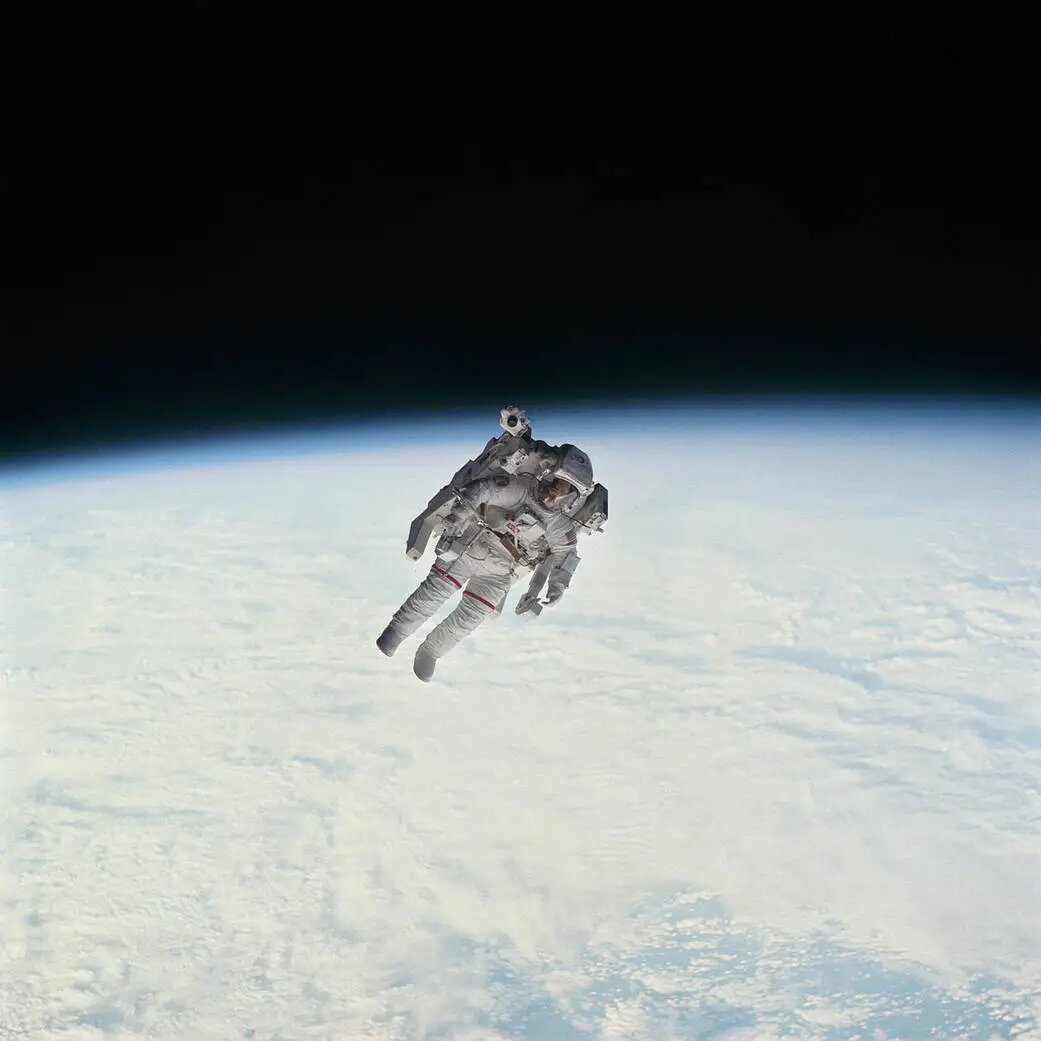It’s strange how things occur to you long after they have happened. Ages ago, I saw the movie Apollo 13 somewhat reluctantly — it seemed like too earnest an idea for a movie. But of course, it was riveting. This was the Apollo mission that went terribly wrong: there was an onboard explosion while the lunar landing system was travelling at 5,600km/h, 330,000km from Earth.
Miraculously, the astronauts, who were intended to be the third group of humans ever to visit the Moon, made a successful and heroic return to Earth. It was a real moment for us Earthlings. For a few days, even the Cold War was suspended as humanity held its breath.
In the movie, members of mission control were sceptical as to whether they could get the astronauts back. For example, the Apollo guidance computer was a breakthrough at the time — the first to use integrated circuits. But it only had 4kb of RAM; a modern cellphone has 1,600 times more. What the astronauts and mission control had at their disposal was pretty limited.
Ed Harris, sporting a severe crewcut and an impressive blue-eyed intensity, shut down this scepticism immediately and determinedly. At one point, a Nasa director says, “This could be the worst disaster Nasa’s ever experienced.” Harris, playing flight director Gene Kranz, replies, “With all due respect, sir, I believe this is gonna be our finest hour”. Oh, Hollywood ... we love ya.
Harris also says — and this is what stuck with me — “Let’s look at this thing from a ... um, from a standpoint of status. What do we got on the spacecraft that’s good?”
All too often I think we fail to look at things from a “standpoint of status”; we look rather at what is broken. Instead of appreciating what’s working or useful, we concentrate on what is falling apart.
So, what is “good” in the year 2024? One good thing is our system of independent reserve banks. If nothing else, what this recent period demonstrated was the enormous, global utility of developed, thoughtful, problem-solving reserve bank institutions around the world.
Two things happened last week in global finance: the Dow crossed the 40,000 level for the first time in its 139-year history and inflation eased off in the US for the first time in months. The decline in inflation suggests the Federal Reserve could start cutting interest rates as soon as September. Of course, the Fed is trying to cool these expectations, but it’s a strong possibility now, hence the market enthusiasm.
The significance of the first US interest rate cut during this cycle, whenever it happens, will be crucial because it will mark the moment when the world can declare a “soft landing”. What that means is, simply put, a succession of interest rate increases that did not result in a recession.
So, given that this is the aim of economic administrators, how often have interest rate increase cycles ended in a hard landing if we consider the past 10 hiking cycles? Well, there was definitely one in 1995 and possibly two others. But mostly, they end badly because to convince the market that the central bank is serious about controlling inflation, it usually has to push the interest rate up too high.
What is required to achieve a soft landing is a delicate dance; pushing forward but not too much. This is described by one economist as the equivalent of “Goldilocks’ porridge” for central bankers: following a tightening, the economy has to be just right — neither too hot (inflationary) nor too cold (heading toward a recession).
Yet, in contradiction with 100% of US economists who predicted a recession, a soft landing is now pretty much a fait accompli. And once the Federal Reserve does reduce interest rates, it could be a signal for almost every other significant economy in the world to follow suit, including ours.
Was this luck? Better, more accurate, and more complete information flow? More informed tactics on the part of central bankers? More informed and better-prepared market participants? A growing sophistication about how this is done? More united action around the world?
Actually, I think a bit of all the above. As Ed Harris would have said, sometimes you just gotta look at things from the standpoint of status. DM
This article is more than a year old
Business Maverick
After the Bell: Interest rates and the enlightening standpoint of status
If nothing else, what this recent period demonstrated was the enormous, global utility of developed, thoughtful, problem-solving reserve bank institutions around the world.





